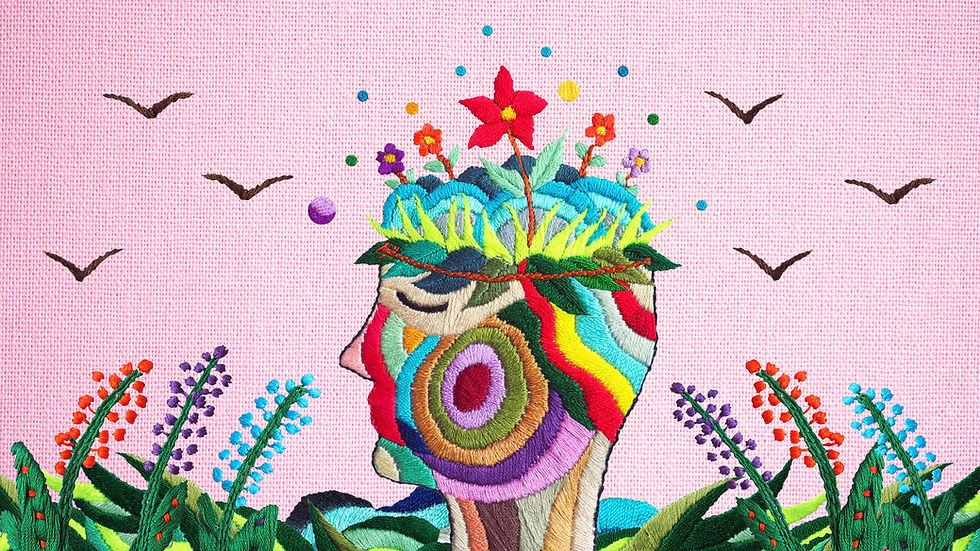Why personal growth doesn't eliminate struggle, and why that's okay
- Wendy Summer

- Mar 15, 2025
- 2 min read
Updated: Oct 2, 2025

What do you expect from yourself in terms of your emotional well-being? I ask this because I have noticed a common misconception on this topic. People often think that if they are emotionally balanced, then they should no longer have anxious or depressed days. This expectation is a real problem in and of itself, because it actually makes dark days darker. Let me explain.
No matter how much therapy or self-improvement work you have done, you will have difficult days. You will have days when you are spiraling, when worries, despair, or fears are difficult to keep at bay. What therapy or self-improvement work can do is help you know how to help yourself on those tough days. What it doesn’t do is eliminate those days altogether (reduce them in intensity and length, yes, eliminate them, no).
When I work with clients, I like to help them set appropriate expectations for what it means to be “cured” or to get better. I think that this kind of expectation reset can help all of us. Getting better, or growing in our emotional health, means that when we do feel down or anxious, we know more about how to show up for ourselves. It doesn’t mean that we will no longer suffer.
The thing is that we all struggle on occasion, even the most evolved, wisest humans alive. This is part of being human, especially a human right now, when so much is happening in the world. But if we feel shame for our struggles, or we feel pressure to not struggle at all, then everything gets darker. We feel bad about ourselves (“I shouldn’t be this upset”). We might even spiral into feeling bad about our lives or despairing about the world.
In a spiral, one negative emotion leads to another negative emotion, narrowing our ability to see the positive. We find ourselves caught in a worsening mood that can easily become overwhelming.
Here’s the part I want you to remember related to today’s topic: if we feel shame about struggling at all (“I’ve done years of therapy, why am I so down?”), we worsen downward spirals. Shame is like dry tinder, fueling a downward spiral. When we release ourselves from this shame, we free inner resources to help ourselves.
In my next post, we will get into specifics about how to help yourself when you are having a difficult day, in other words, how to pull out of, or plateau, a downward spiral. And the suggestions that I have are probably not what you are expecting. Hint: this is not a list about journaling or exercising more.
Until then, go easy on yourself if find yourself in a mood. Moods happen.



Comments